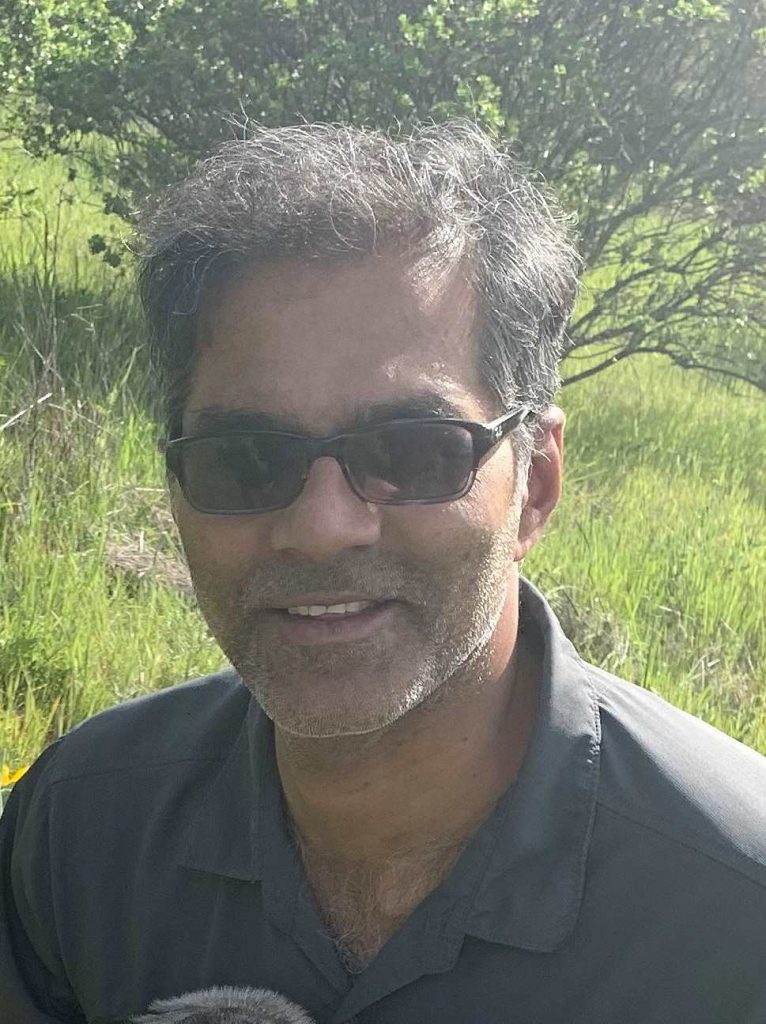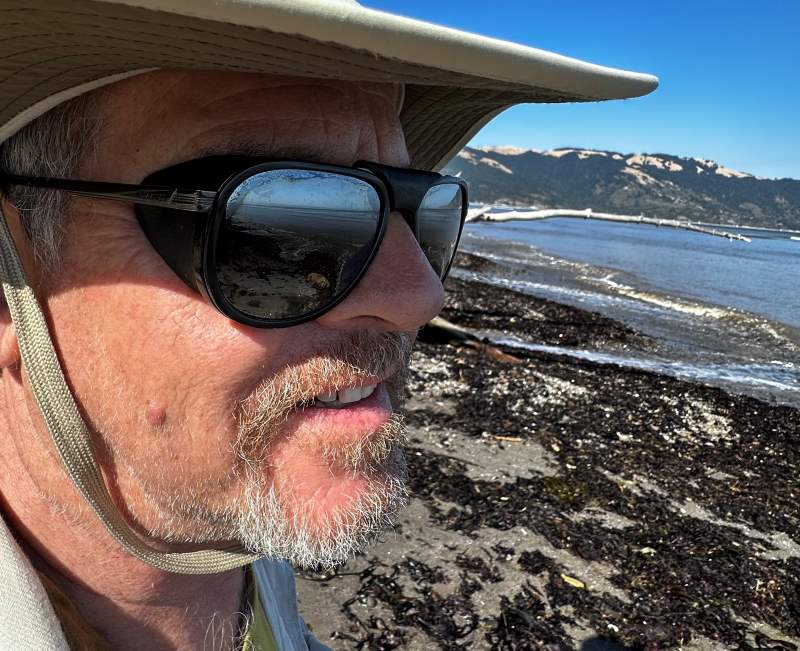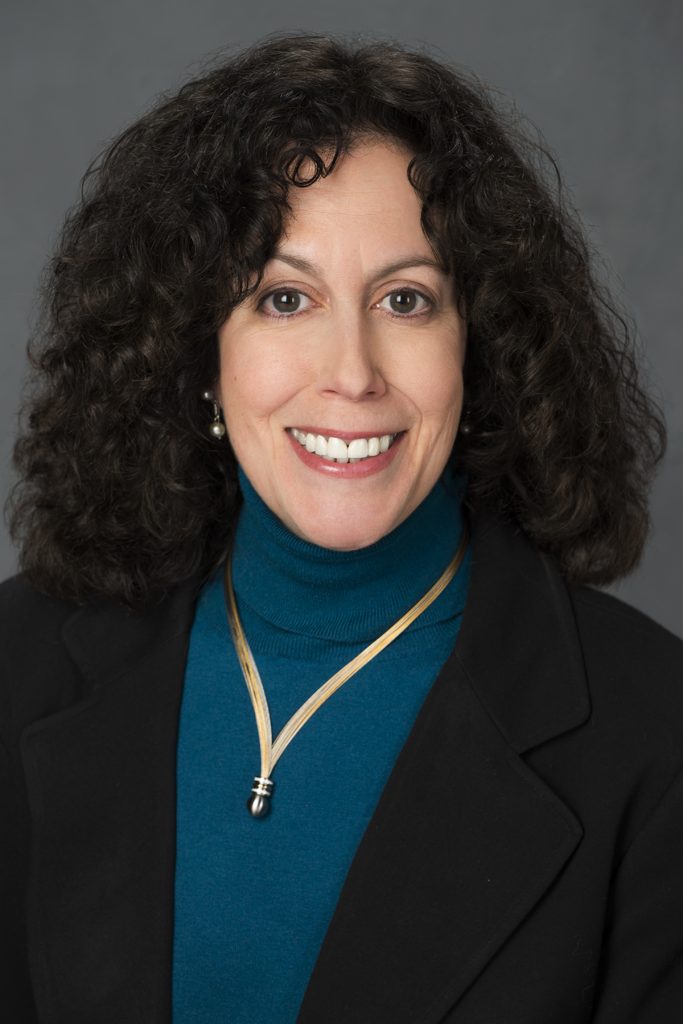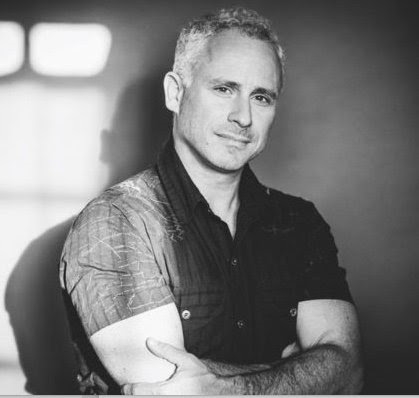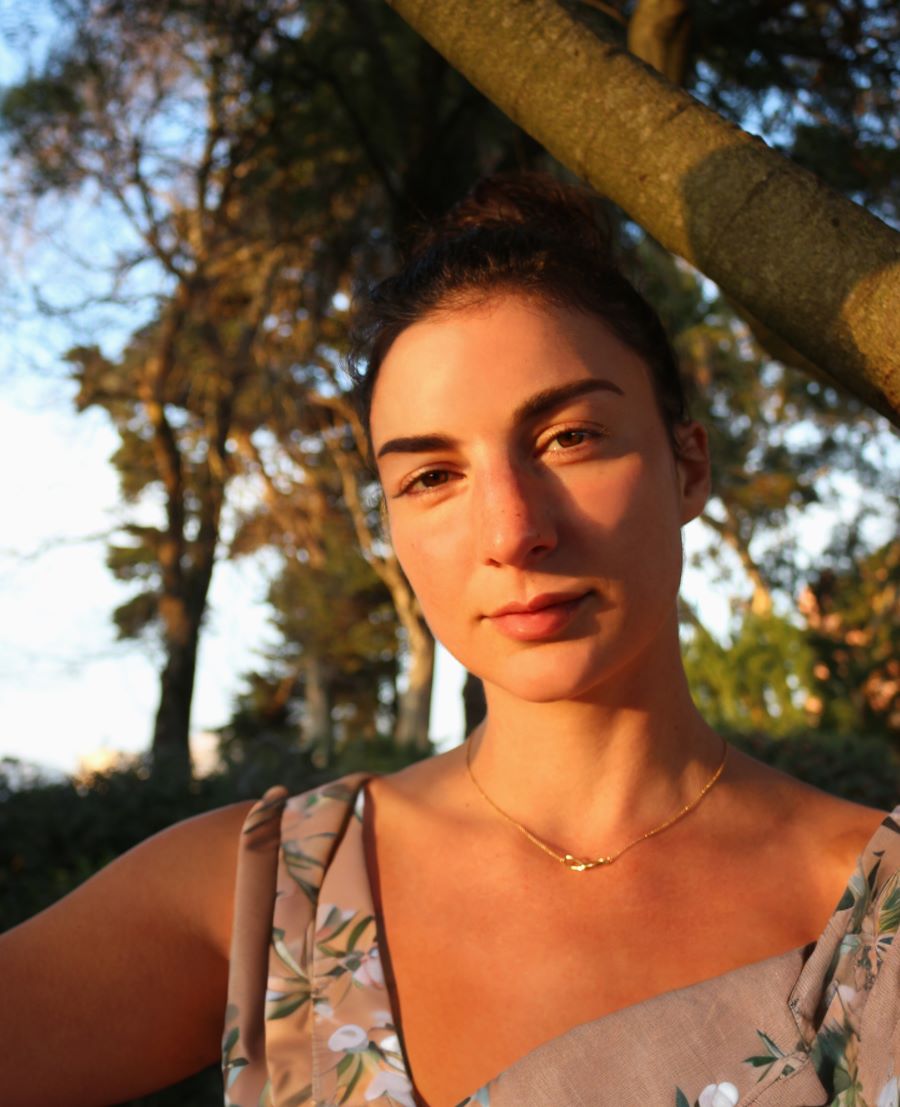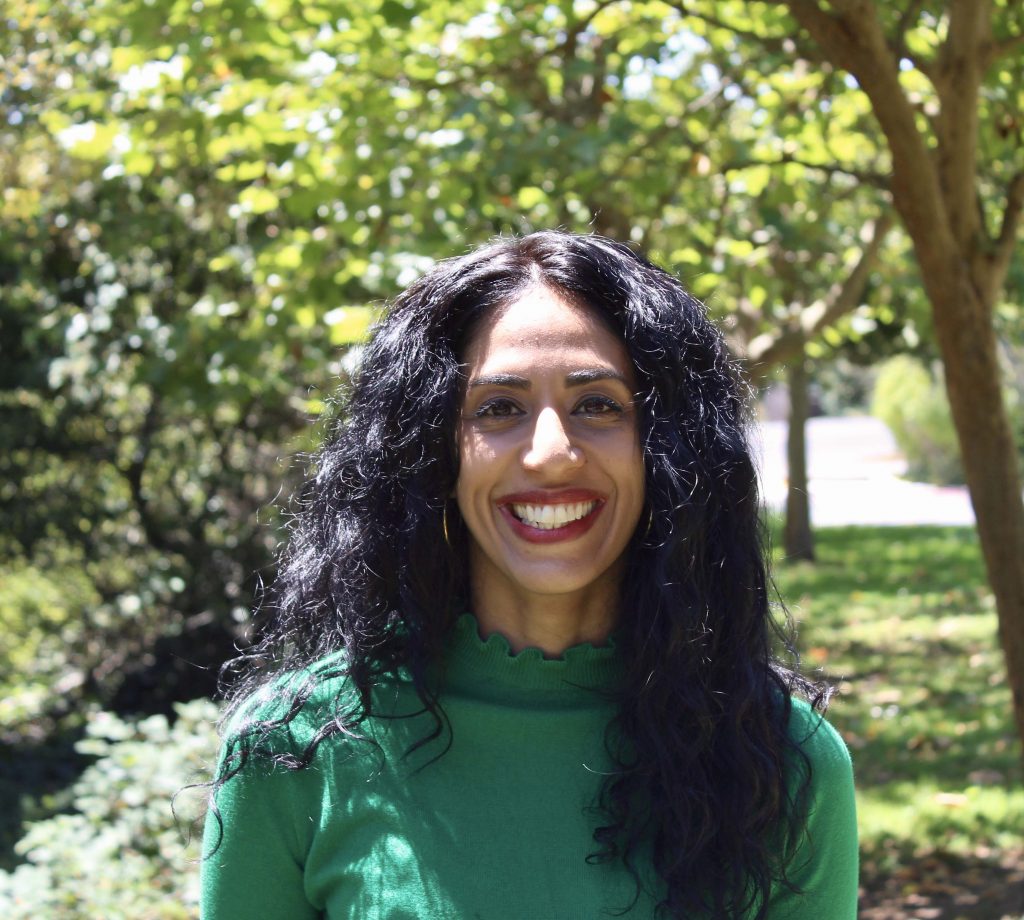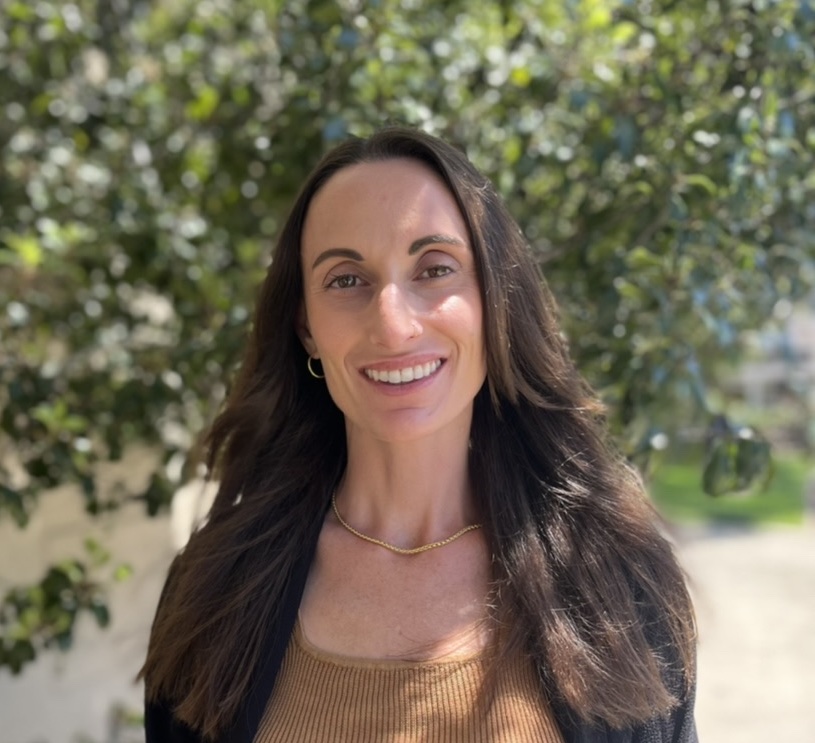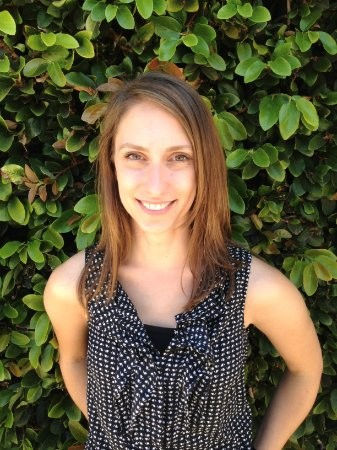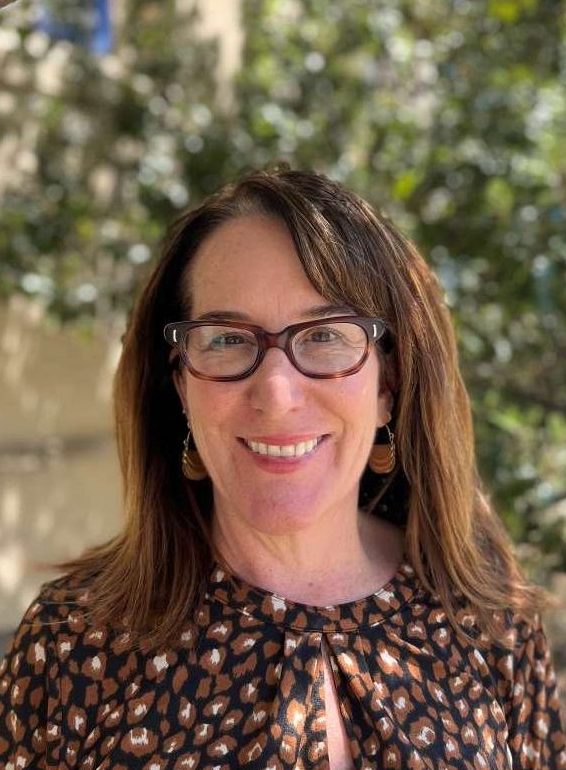It’s not uncommon for someone new to DBT therapy, DBT skills class, or both to comment on how those of us who teach skills and work as DBT therapists talk about using skills in our own lives. To many people, perhaps used to less disclosure in therapy, this is perplexing. “If you, as a therapist, still have to use these skills,” they will say, “why should I believe they will work for me?” This is a great question! Let us be clear; DBT will not take away your problems. DBT will not make your friends treat you better, nor will it make your boss kinder, your landlord more compassionate, nor will it make your partner stop leaving things around the house. DBT won’t make the weather cooperate with your plans for an outdoor event, and it certainly can’t make Bay Area traffic cooperate on the freeway so that you can get to where you’re going on time.
What DBT can do is help you develop the skills to deal with these situations in a more effective way, so you suffer less and begin to build the life and relationships you want. You’ve likely heard it said, if you can’t control a situation, at least you can control how you think about it and how you respond. In this sense, we, as DBT therapists and skills class facilitators, use skills to go about our daily lives, too, because just like you, we are out there in the world dealing with friends, family, partners, traffic, landlords, taxes, doctors, the DMV, and everything else both predictable and unpredictable. Would you rather learn from someone who hasn’t used or doesn’t think he or she needs to use a tool, or someone who uses the tool just like you do every day? Someone with training and experience, who can help guide you toward figuring out how to use these skills in a way that best suits you?
While discussing this topic during a recent DBT consult team meeting the Oakland DBT and Mindfulness Center, we realized we ought to share with you how we, personally, feel about DBT—what led us to this therapy, what we like about it, and how, exactly, we use it every day.
Center Co-founder Heather Macbeth, MFT, said the reasons she felt originally drawn to DBT are more varied than there is space in one article to name. “I decided that I wanted to be a DBT therapist when interning at a family services agency for at-risk youth. I noticed the effectiveness of the DBT treatment model for these kids who were really struggling,” she said. “In groups these kids were talking about DEAR MAN (A DBT skill) and Wise Mind, and they were practicing these skills. I wanted to know right away what these kids were talking about!”
Heather noticed, once she started formal DBT training, that most of the DBT trainers and other therapists she was meeting in the DBT community seemed to “value the practice of mindfulness” both for their clients, also for themselves. “And on top of that, the community of DBT therapists and consultants I’ve met seem to be very committed to learning (despite how many years of experience they had) in order to provide the best treatment to their patients,” she said.
For Oakland DBT and Mindfulness Center Co-founder Christine Benvenuto, MFT, the encouragement of ongoing learning and personal practice within the DBT community is important. While the treatment is complex and multi-layered, the underlying metaphors encourage being in relationship with our intuition and wisdom and the profound nature of human interconnection. This range leaves me inspired and nourishes me spiritually and intellectually.
“On a personal level, I was deeply moved by learning Buddhist meditation in my early 20s, and DBT integrates many core concepts (mindfulness, acceptance and principals of cause and effect) into treatment,” Christine said. “I like the range of what DBT provides; from clear and accessible language for teaching mindfulness and emotional intelligence, to a structure for treatment for people with complex needs. The model encourages client empowerment. We are constantly teaching tools people can use now and over time to help themselves, therefore becoming more resilient and able to respond to internal and external challenges, both on their own and in their relationships.”
DBT therapist Lauren Gonzalez, MFT, has practiced Zen Buddhism for nearly two decades, and so she understands the value of mindfulness on a personal level. She also found herself within an odd dialectic, originally, in being both drawn to meditation and mindfulness in therapy practice while also favoring the more structured, evidence-based therapies as she established her therapy modality. Lauren found DBT at the center of that dialectic—a therapy that offered a reliable, well-formed, and logical approach to healing, while also making space for the moment, and all that can arise when we are present to what’s happening, not over-focused on what has already happened, or what might happen in the future. Struggling for years as a teen with her own anxiety and obsessive tendencies, DBT provided a frame Lauren could believe in, and feel confident sharing with others.
“I’m an enthusiastic person when it comes to experiences, but with regard to ideas and beliefs, I’m not a quick joiner. DBT sounded interesting, but I had to really dig into it, with one foot potentially out the door if it didn’t suit me. Much to my surprise, that’s an approach that works well with DBT—this therapy won’t work if you aren’t ready for it, and a little skepticism is very healthy! After reading the DBT literature, and participating in the Foundational training in Seattle, I was hooked. I felt confident I had found something that I could work with because I strongly believe in the idea that there are many truths—lots of them conflicting—and it’s all too easy for us to get stuck on one side or the other. Dialectical thinking is a natural to me, and so using dialectics and mindfulness together was a slam-dunk.
Add the value of validation to that equation, and I can’t imagine working in any other therapeutic frame. And the tools, the map for using DBT to hit one’s goals is really clear. I like that, and of course I like the fact that while the tools are there, and they are very specific, they can be hacked to suit each individual because no two people are alike. This is not a one-size-fits-all therapy.”
Joe Lawwill, MFT Intern at Oakland DBT and Mindfulness Center, finds DBT appealing because of the comprehensiveness of the treatment. “I can’t remember a recent life event when the DBT skills didn’t fit a situation in my life,” he said. “DBT is appealing because it is structured, yet flexible. It has a general track that leads you through life, yet is customizable to fit your own personal goals. I like that DBT is about recognizing that life contains endless opposite truths and opinions that need to be reconciled and guides us towards a middle path. DBT effectively teaches that within every argument is a kernel of truth. I also appreciate how DBT allows clients and therapists to stay true to their own goals and values, and increases space for self-acceptance and compassion. As a DBT therapist, it’s been gratifying to see how clients are able to come to group class and recount stories about how they’ve been able to use skills they picked-up in group class and apply them in creative ways to meet the challenges in their own lives. “
DBT therapist Laurie Pantell, MFT, sees DBT as a comprehensive treatment with something for everyone. “I see DBT as an extremely effective strategy when someone is engaged in self harming behaviors and needs to interrupt destructive patterns. It is a comprehensive system of interventions and skills; some skills will work with every client problem.”
And guess what, folks? We use it every day, just like you.
“I like to feel that I’m getting the most out of life and that I’m seeing things clearly and with compassion,” said Christine. “I know which situations challenge me the most, and using skills helps immensely. Having a framework to respond to difficult emotions has been a huge asset. Also, I love the positive psychology aspect of DBT and the encouragement to deeply think about values and to create a purposeful life. Finally, the communication skills are natural to use and they help me show up in all
of my relationships in ways that brighten and benefit, even when it’s sticky and hard”
Heather said working with the DBT module, with mindfulness at its heart, has been a “life-changer” for her in many ways. “The practice of DBT has helped (I hope) to become a more mindful and aware parent, wife, friend, therapist, family member and community member. I think I take pauses more in my life and try to stay attuned to the questions, ‘What are my values?’ and “What is needed here?’ ”
“In my own life,” said Laurie, “I notice that when there is a precipitating event that dysregulates me emotionally I am very slow to return to baseline. I have found the self soothing skills to be very helpful in bringing me back to equilibrium.” Besides mindfulness, which Lauren incorporates into her life whenever she can (in line at the post office, while awaiting a difficult phone call or meeting, when driving to work), she uses a bevy of the skills on an “as needed” basis. “There are times,” Lauren said, “when I’ll do half-smile and willing hands 20 times a day. I use mindfulness of emotion a lot, riding the wave, knowing that if I just wait it out I will feel differently (better!) in a more reasonable amount of time. I’ve learned to be patient and to wait for a more wise-mind moment before reacting, sending emails, picking up the phone, and so forth. This has helped my life and relationships tremendously. I use DEAR MAN, and identify my objectives in any given moment when I have a decision to make, or a challenging conversation I need to have with someone.
My favorite skill, however, is one I use regularly in all its variations; I love the ABC skills from emotion regulation. Accumulate the positives (I believe this so strongly—noticing what’s working instead of hyper-focusing on what isn’t has been life changing for me), the values pyramid where we aim to live aligned with our values instead of making ourselves feel worse about goals we can’t meet by focusing on those instead, and Build mastery and Cope ahead. My emotional resilience is
much greater since I learned, and work consistently with DBT.”
Joe offered, “For me personally, DBT has given me added confidence that when situations in my own life get a bit chaotic, I have a tool-kit of skills that allow me to tolerate the ‘brick-wall’ moments, while remaining mindful of the many positives that are there for me to appreciate.”
So yes, we are DBT therapists and group facilitators, and we use this stuff all the time and each believe we are better for it. And we are proud to say it, especially as we offer these skills to you. After all, would you eat at a restaurant where the chef won’t touch her own food?
“We’re grateful that DBT is not only practical and conscious, it’s also evidence-based and it works,” Heather concluded. “I have always been impressed with, and know the importance of, the amount of research that supports DBT as an evidenced-based treatment. I am not a researcher myself and I have the upmost respect for those people who have put their energy toward finding out which treatments are effective. I’ve seen again and again in my practice how people’s lives have improved, but to have this as supported research means a lot to me too. My hope is that DBT can also
be useful in this way for the people we work with at Oakland DBT and Mindfulness Center.”
Written by: Lauren Gonzalez, MFT

